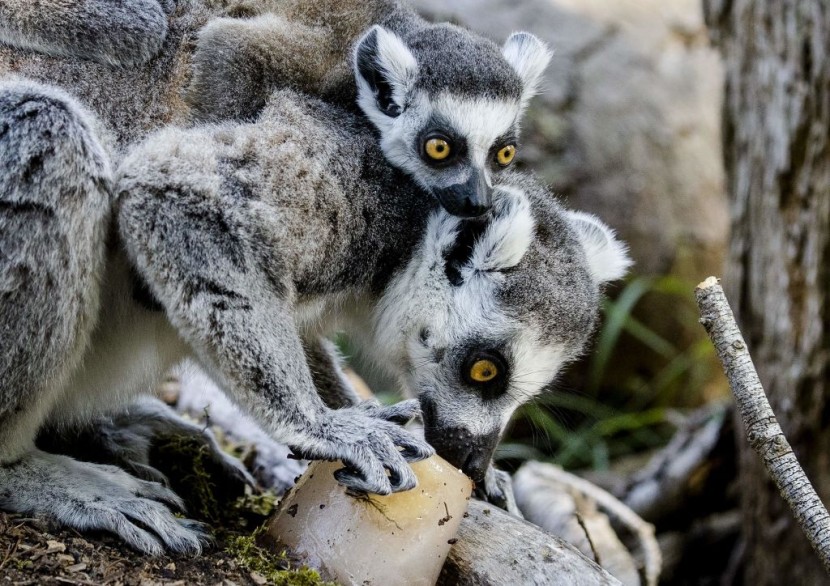
Biodiversity in Madagascar is in jeopardy as extinction threatens about 20 million years to regain what the habitat has lost.
Madagascar's Biodiversity Threatened by Extinction
Getting extinct is what the animals could end up on the island; this includes lemurs which are local species to the region. Scientists told, last Tuesday, reported Science Alert.
Located in the south of the Indian Ocean, the island has been isolated from Africa for over 80 million years. At that time, many unique plants and animals could only be found on this isolated island, noted Daily Sabah.
About 2,500 years ago, humans invaded the island with catastrophic consequences, which resulted in the dying out of giant lemurs, elephant birds, and even dwarf hippos, and some 30 mammalian species are already extinct.
Based on the study, researchers from Europe, Madagascar, and the United States investigated how it will take for the large island's species diversity to come back to how it was before the human intrusion, citing Nature.
They revealed that if the loss of animals was ever to stop, nature might recover in around 3 million years with the onset of similar complex mammalian species to substitute for those now killed. It gets worse as 128 mammals now in danger of extinction would finally die out by their calculations that would balloon to a whopping 23 million years. More than ever, it shows the need to restore the island's diversity of flora and fauna.
One of the study authors, Luis Lima Valente, senior researcher at the Naturalis Biodiversity Center in the Netherlands, had given this grim assessment.
If flora and fauna do out and go extinct, then the island ecosystem will crash. Study co-author Luis Lima Valente added it would affect the people in the region, causing starvation and emigration.
Habitat Will Take 20 Million Years To Restore
It is a biodiversity hotspot, which indicates it has a large population of species that can be seen nowhere else. The scientists were astonished to learn that Madagascar might require less time than some other islands to return to pre-human diversity, ascribing this adaptability to the fact that human-caused extinctions started fairly late.
Even so, Madagascar's high species diversity implies that if the extinctions proceed, this will take much more time to recoup than other archipelagos. Valente remarked that this hotspot with more endangered species as they have more to lose in terms of flora and fauna.
The islands' driving forces of biodiversity loss are land reformation for farming, habitat destruction, introduced species, global warming, and poaching. This is from a 2020 assessment carried out by the International Union for Conservation of Nature (IUCN), and over 100 Madagascar lemur species are under threat. This contains nearly 40% of the island's previous forest coverage, which was lost between the 1950s and 2000.
Estimating how long before concerned species re-evolved is called evolutionary return time, or how long diversity could be restored. The grim message that biodiversity in Madagascar is affected due to massive extinction and will take 20 million years to restore is unfathomable.
© 2025 HNGN, All rights reserved. Do not reproduce without permission.








